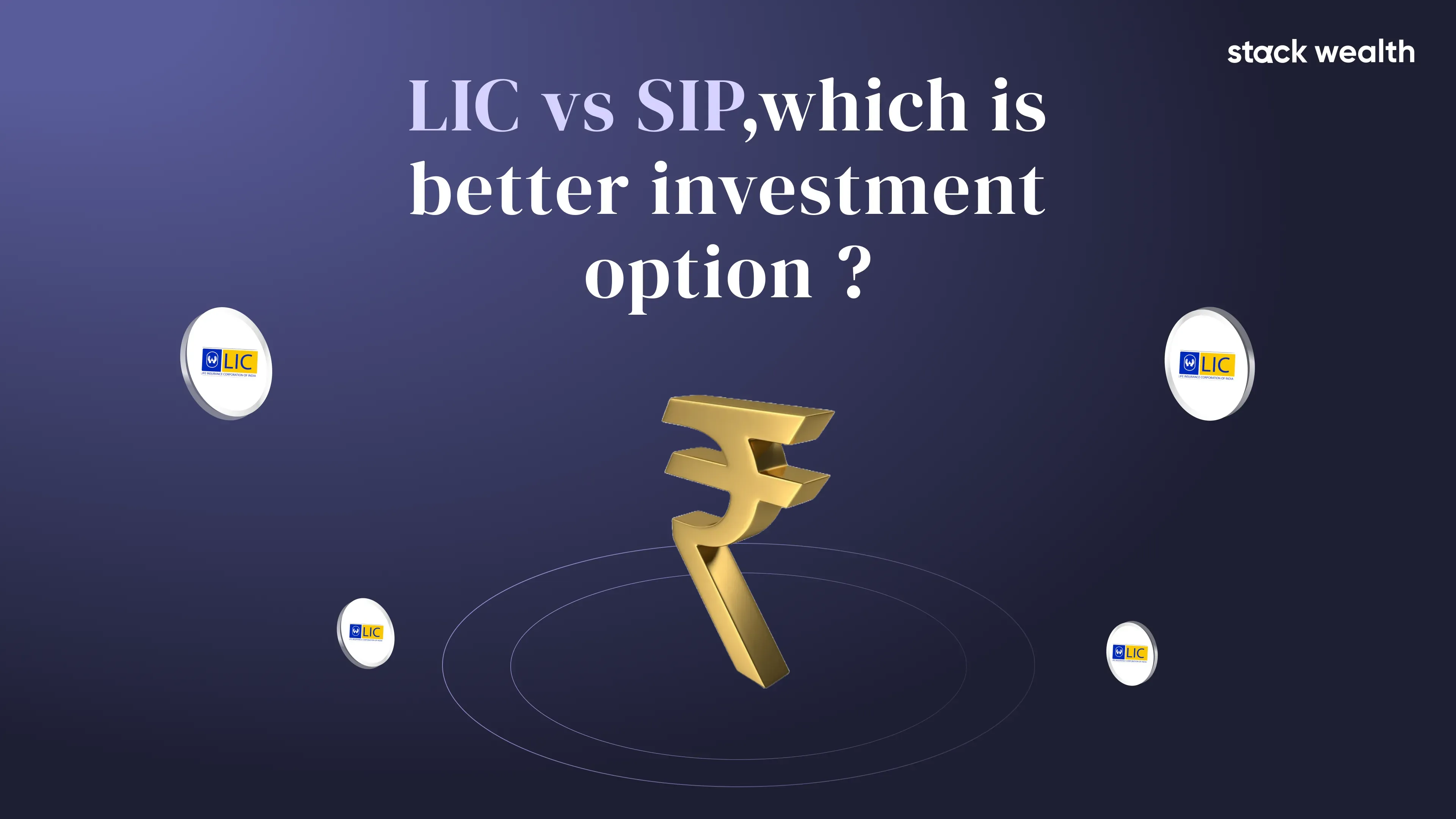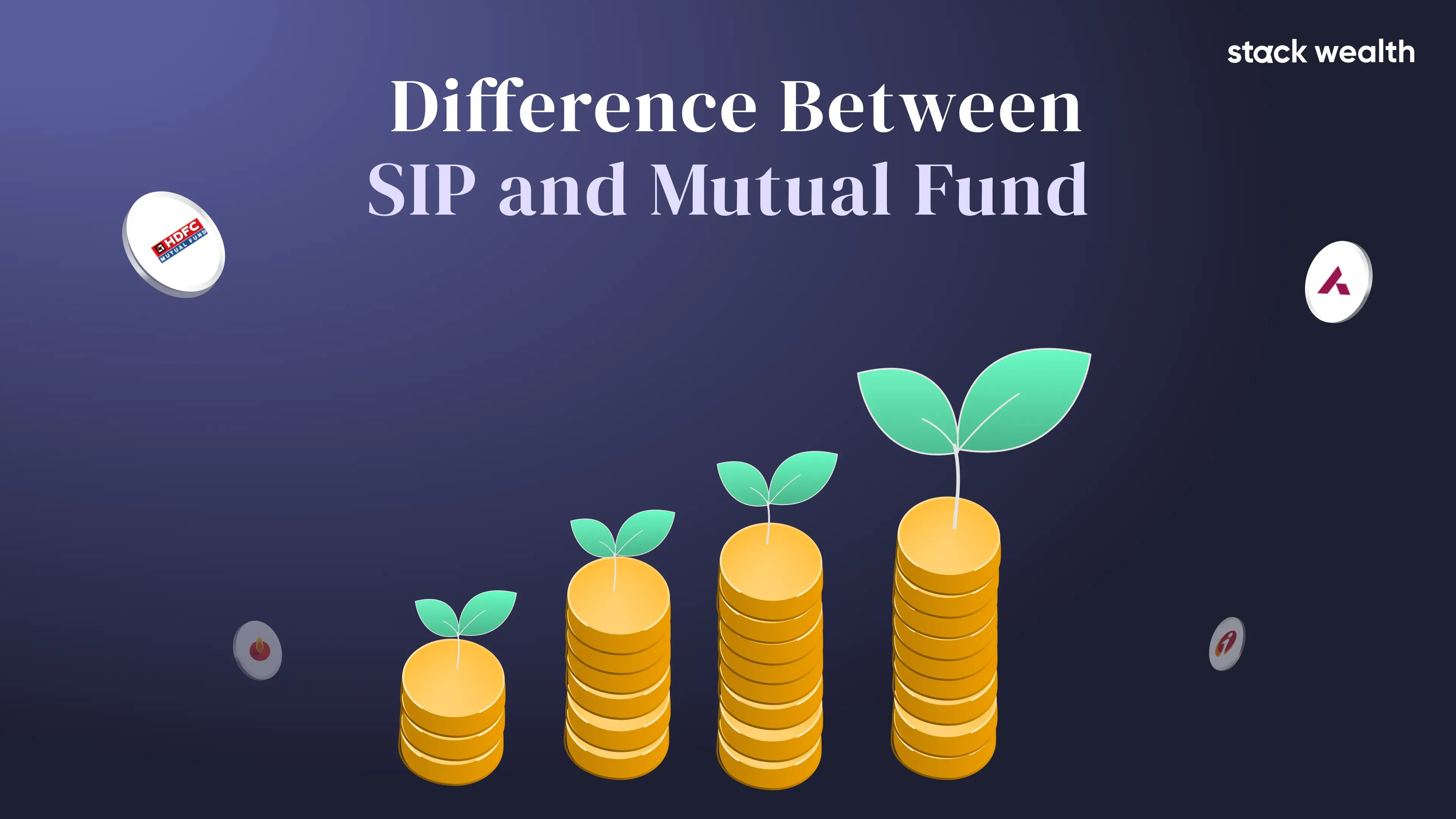An RD Calculator is a simple tool for calculating recurring deposit earnings. The calculator shows you the total amount you will receive by entering details like the amount you deposit each month, the interest rate, and the time you keep the deposit.
This tool makes it easy to understand your investment returns without needing to do complex math. It's perfect for planning your savings and ensuring you reach your financial goals.
How Can an RD Calculator Help You?
Using an RD Calculator offers several benefits:
1. Accurate Calculation: It estimates your recurring deposit returns precisely, ensuring you know exactly how much you'll earn.
2. Financial Planning: This helps you plan how much to invest each month using the recurring deposit calculator to meet your financial goals.
3. Comparison: This allows you to compare different investment scenarios with the RD interest calculator to find the best option for you.
4. Ease of Use: Offers a user-friendly interface for quick and easy RD calculations, making it simple to manage your investments.
Formula to Determine RD Calculator
To calculate the returns on your recurring deposit, you can use the following formula:
A=P1+rnnt-1 nr
Where:
- A = Total amount after maturity
- P = Monthly deposit amount
- r = Annual interest rate (in decimal)
- n = Number of compounding periods per year
- t= Number of years
For example, suppose someone starts an RD account with a monthly investment of Rs. 4,000 for a tenure of 2 years, with an interest rate of 7.5%.
P = Rs. 4,000
r = 7.5% annually or 0.075
n = 12 (compounding monthly)
t = 2 years
Using the formula:
A=40001+0.07512122-1 120.075
A=40001+0.00062524-1 120.075
A=40001.12749-1 160
A=40000.12749 160
A=81594.88
So, the total maturity value for this RD investment will be approximately Rs. 81,594.88.
Manually calculating this value can be quite tedious, but using an RD calculator will provide you with the exact amount quickly and easily.
How to Use Stack’s RD Calculator?
Using Stack’s RD Calculator is straightforward:
Step 1: Enter Deposit Amount: Input the amount you plan to deposit each month into the calculator.
Step 2: Set Interest Rate: Provide the annual interest rate as a percentage to determine your returns.
Step 3: Specify Tenure: Choose the duration of your deposit in months or years to fit your investment plan.
Step 4: Calculate: Click the calculate button to instantly see your total returns and growth over the specified period.
Advantages of Using RD Calculator
Here are some advantages of using our RD Calculator:
1. Time-Saving: Quickly compute returns without manual calculations, allowing you to plan your finances efficiently.
2. Accuracy: Avoid errors from manual calculations, ensuring precise estimates of your recurring deposit growth.
3. Convenience: Use it anytime from your computer or smartphone, making it easy to manage your investments on the go.
4. Free: Enjoy the benefits without any cost, making financial planning accessible to everyone.
Using Stack’s RD Calculator simplifies the process of planning and managing your recurring deposit investments. By providing accurate calculations and easy-to-use features, it helps you make informed financial decisions. Plan your savings efficiently and achieve your financial goals with ease.









